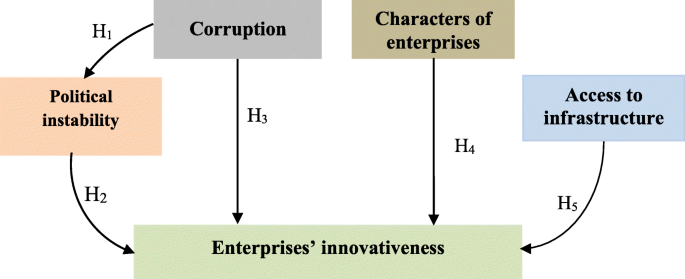Uncovering the hidden truth: How corrupt practices are sabotaging the economic growth of nations like India and Kenya. Read more.
Table of Contents
Developing countries like India and Kenya face numerous economic challenges that hinder their growth and development. One of the major obstacles these nations must overcome is corruption. This blog will explore the impact of corruption on economic development in these countries and highlight the efforts being made to address this pervasive issue.
Economic Challenges in India
India, with its vast population and diverse economy, has been grappling with the effects of corruption for decades. The country faces high levels of income inequality, with a small elite benefiting from corrupt practices while the majority of the population struggles to make ends meet. This disparity in income distribution hampers economic growth and social stability.
Additionally, corruption contributes to high unemployment rates in India, as dishonest practices in recruitment and promotion processes prevent qualified individuals from securing jobs. The lack of infrastructure development, due to embezzlement of funds meant for public projects, further exacerbates the economic challenges faced by the country.
Economic Challenges in Kenya
In Kenya, corruption is a pervasive issue that has far-reaching consequences on the economy. Political unrest and instability, often fueled by corrupt practices within the government, create a volatile environment for businesses and investors. This uncertainty stifles economic growth and deters foreign investment.
Poverty and hunger, exacerbated by corrupt allocation of resources and aid, plague many Kenyan communities. Lack of access to education, caused by mismanagement of education funds, perpetuates the cycle of poverty and limits opportunities for socio-economic advancement.
Efforts to Combat Corruption
Despite these significant challenges, both India and Kenya are taking steps to combat corruption and promote economic development. Anti-corruption laws and agencies have been established in both countries to investigate and prosecute corrupt individuals and entities. Transparency and accountability measures are being implemented to ensure that public funds are used for their intended purposes.

Image courtesy of innovation-entrepreneurship.springeropen.com via Google Images
Civil society organizations and grassroots movements are also playing a crucial role in holding governments accountable and advocating for greater transparency in governance. By raising awareness about the negative impact of corruption on economic development, these groups are driving positive change in their respective countries.
Conclusion
The impact of corruption on economic development in developing countries like India and Kenya cannot be understated. By addressing corruption head-on and implementing effective anti-corruption measures, these nations can create a more conducive environment for sustainable growth and development. It is essential for governments, businesses, and civil society to work together to combat corruption and promote transparency in order to build a brighter future for all.
Generated by Texta.ai Blog Automation

